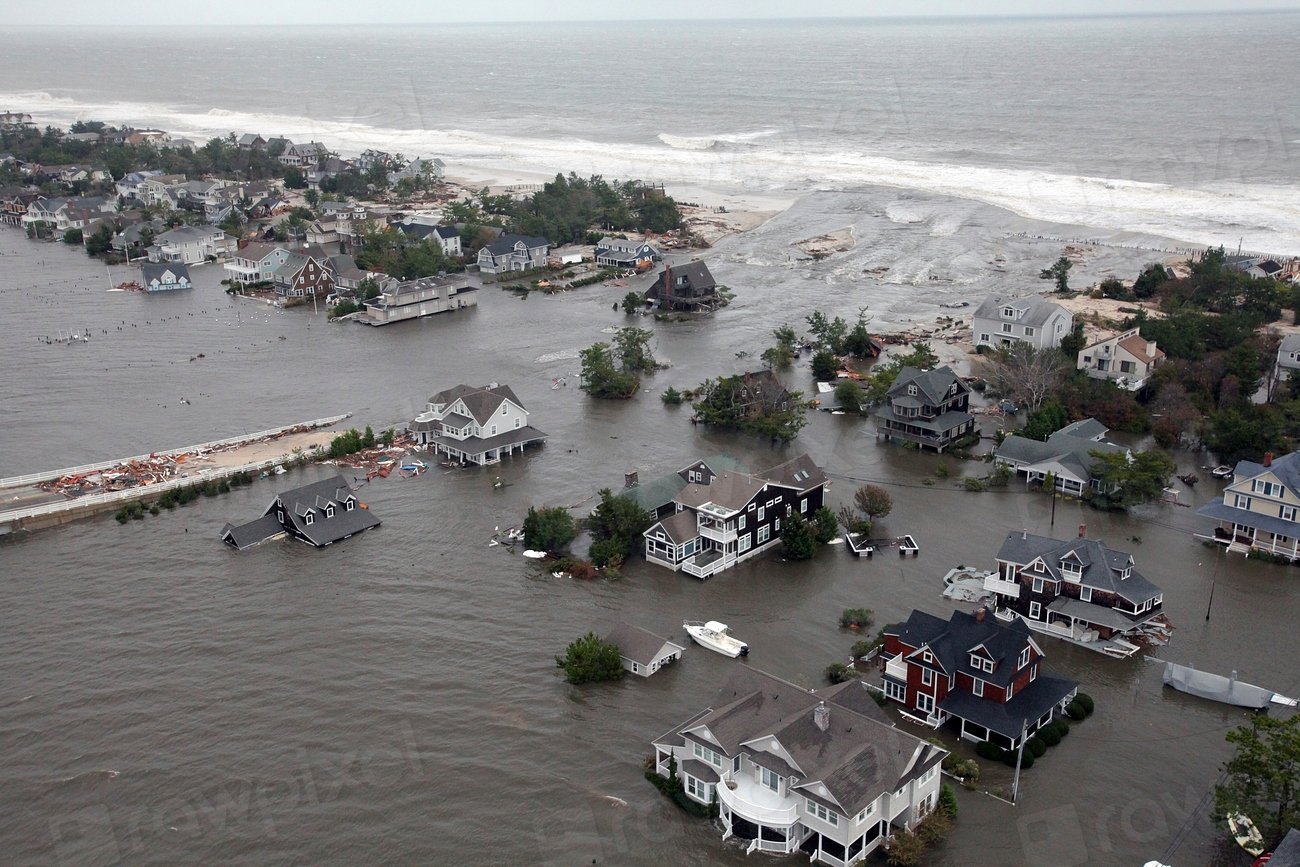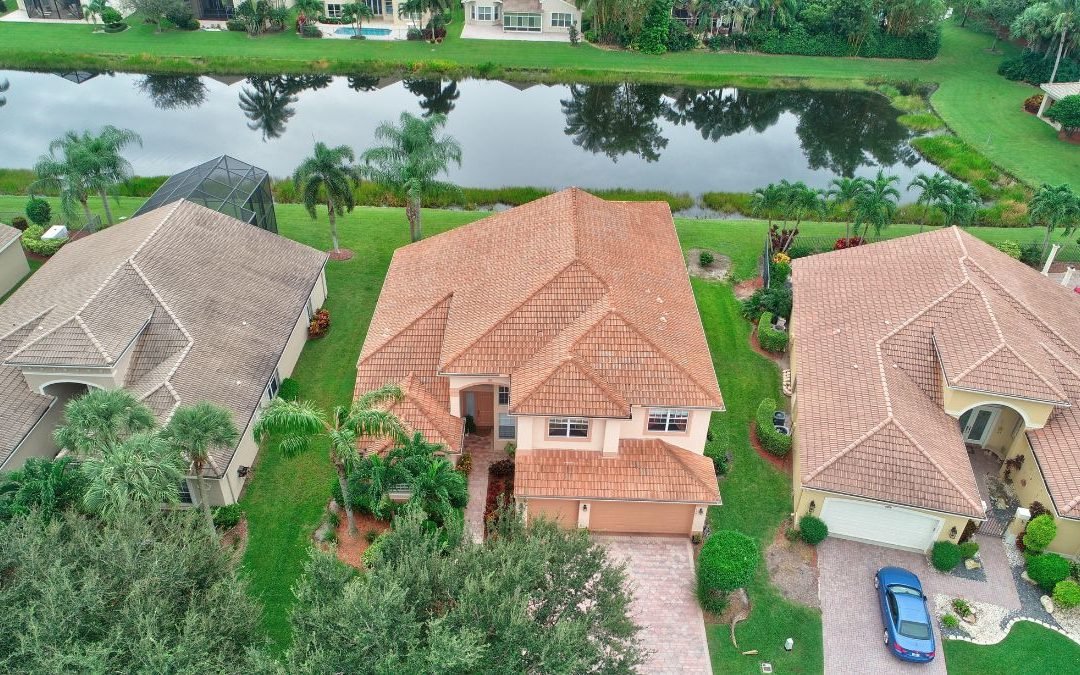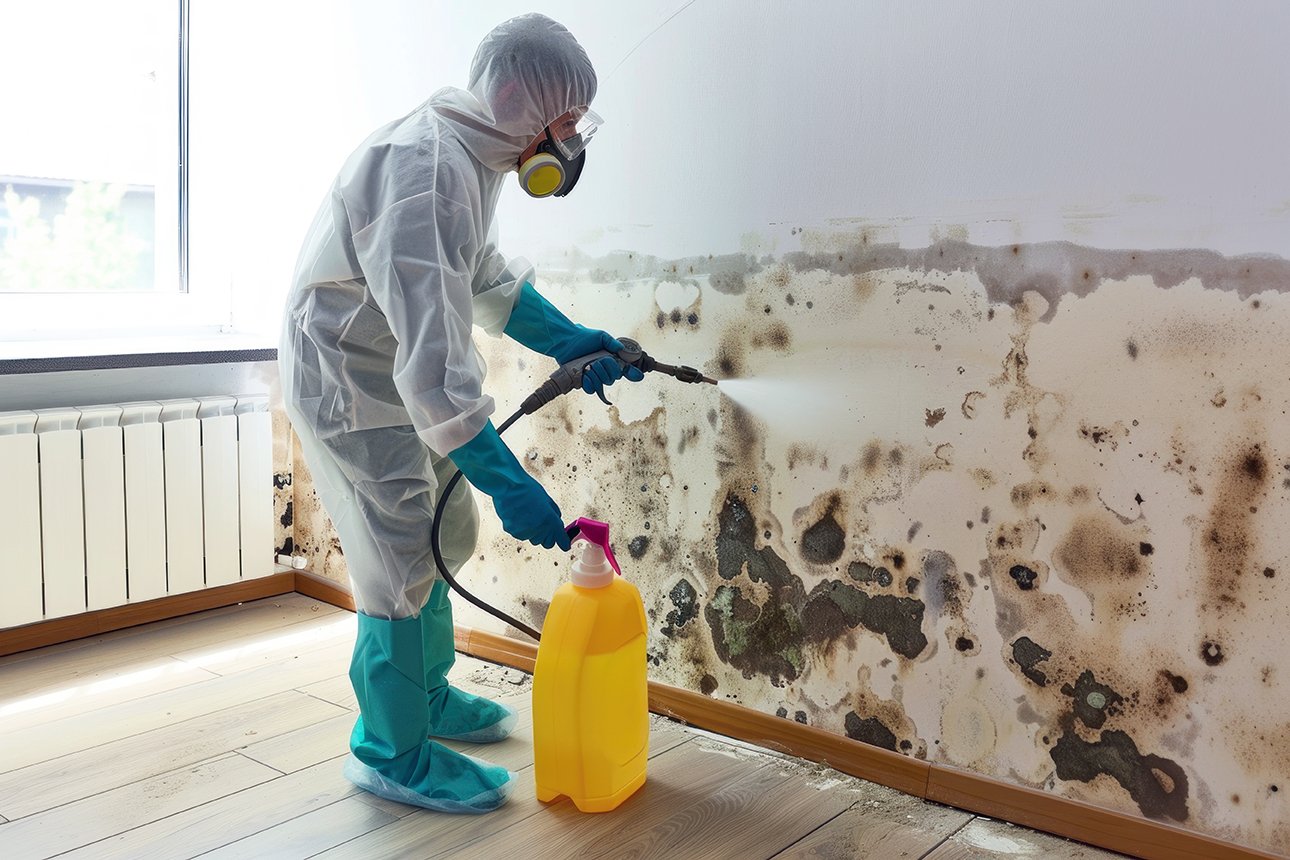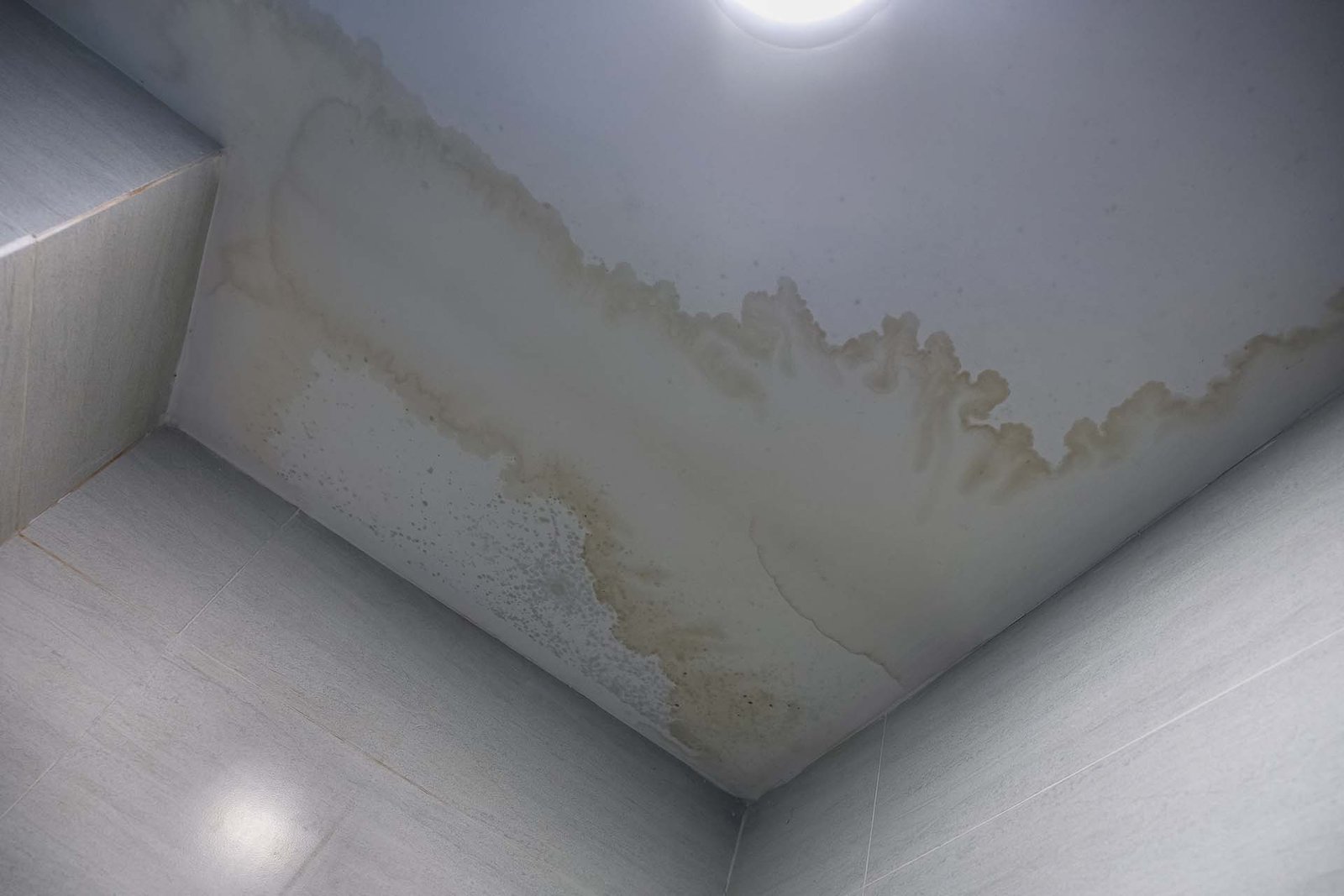Environmental due diligence is a critical step for property owners, buyers, or developers involved in real estate transactions, development projects, or regulatory compliance. It ensures that a property is free from environmental liabilities, such as contamination or regulatory violations, that could lead to costly remediation or legal issues. At EPR LLC, we specialize in guiding clients through the environmental due-diligence process with expertise and precision. In this comprehensive guide, we’ll outline how to prepare your property for environmental due-diligence, key steps to take, and how EPR LLC can help you navigate this process to protect your investment and ensure compliance.

What Is Environmental Due Diligence?
Environmental due-diligence involves assessing a property for potential environmental risks, such as soil or groundwater contamination, hazardous materials, or non-compliance with environmental regulations. It’s typically required for:
- Real Estate Transactions: Ensuring buyers are aware of liabilities before purchasing.
- Development Projects: Verifying that a site is suitable for construction or redevelopment.
- Regulatory Compliance: Meeting federal, state, or local environmental standards, such as those set by the Environmental Protection Agency (EPA).
Proper preparation can streamline the process, reduce risks, and avoid delays. At EPR LLC, we provide expert environmental consulting to make due diligence seamless. Contact us at (754) 221-6945 or info@eprllc.net to get started.
Why Preparing for Environmental Due Diligence Matters
Failing to prepare for environmental due-diligence can lead to:
- Unexpected Costs: Undiscovered contamination may require expensive cleanup.
- Legal Liabilities: Non-compliance with regulations can result in fines or lawsuits.
- Project Delays: Incomplete documentation or unresolved issues can stall transactions or development.
- Reduced Property Value: Environmental issues can deter buyers or lower marketability.
By proactively preparing your property, you demonstrate transparency, enhance its value, and ensure a smoother process. EPR LLC’s experienced team can guide you every step of the way.
Steps to Prepare Your Property for Environmental Due Diligence
Proper preparation is key to a successful environmental due-diligence process. Here’s how to get your property ready:
1. Gather Historical Property Records
Understanding your property’s history is essential for identifying potential risks. Collect:
- Previous Environmental Reports: Phase I or Phase II Environmental Site Assessments (ESAs), if available.
- Property Deeds and Titles: To confirm ownership history and past uses.
- Permits and Compliance Records: Documents related to hazardous materials, waste disposal, or environmental permits.
- Site Plans and Maps: Showing property boundaries, structures, and past modifications.
These records help identify past industrial activities, spills, or storage tanks that could indicate contamination risks.
2. Conduct a Preliminary Site Inspection
Before formal due diligence begins, inspect your property for visible environmental concerns:
- Signs of Contamination: Look for stained soil, discolored water, or chemical odors.
- Storage Tanks: Identify above- or underground storage tanks that may contain hazardous materials.
- Waste Disposal Areas: Check for improper disposal of chemicals, debris, or waste.
- Asbestos or Lead: Older buildings may contain hazardous materials requiring special handling.
A preliminary inspection can flag issues early, allowing you to address them proactively.
3. Engage a Professional Environmental Consultant
Hiring an experienced consultant like EPR LLC ensures a thorough and compliant due diligence process. Our services include:
- Phase I ESA: A non-invasive review of historical records, site inspections, and interviews to identify potential environmental risks.
- Phase II ESA: If risks are found, we conduct sampling and testing to confirm contamination.
- Regulatory Guidance: Ensuring compliance with EPA, state, and local regulations.
Contact EPR LLC at (754) 221-6945 or info@eprllc.net to schedule a consultation and start your assessment.
4. Address Known Environmental Issues
If you’re aware of existing issues, such as past spills or contamination, take steps to address them before due diligence:
- Remediation Planning: Work with professionals to develop a cleanup plan.
- Disclose Issues: Transparency about known problems can build trust with buyers or regulators.
- Obtain Clearances: Secure “No Further Action” letters from regulatory agencies if remediation is complete.
Proactively resolving issues demonstrates due diligence and reduces liability.
5. Organize Environmental Permits and Compliance Documents
Ensure all environmental permits and compliance records are up-to-date, including:
- Waste Management Permits: For hazardous waste handling or disposal.
- Stormwater Permits: Required for properties with significant runoff or construction activity.
- Air Quality Permits: For operations involving emissions, such as manufacturing.
Organized documentation speeds up the due diligence process and proves compliance.
6. Prepare for Phase I Environmental Site Assessment (ESA)
A Phase I ESA is often the first step in due diligence. To prepare:
- Provide Access: Ensure consultants can access all areas of the property, including buildings and storage areas.
- Share Records: Make historical and compliance documents readily available.
- Facilitate Interviews: Arrange for property managers or past owners to discuss site history.
EPR LLC’s Phase I ESAs are thorough, compliant with ASTM E1527 standards, and designed to identify Recognized Environmental Conditions (RECs).
7. Plan for Potential Phase II Testing
If a Phase I ESA identifies risks, a Phase II ESA may be needed to test soil, groundwater, or materials. Prepare by:
- Budgeting for Testing: Factor in costs for sampling and lab analysis.
- Minimizing Disruptions: Coordinate with consultants to limit impact on property operations.
- Understanding Next Steps: Be ready to address any findings, such as remediation or further investigation.
Our team at EPR LLC handles Phase II ESAs with precision, ensuring accurate results and clear recommendations.

Benefits of Choosing EPR LLC for Environmental Due Diligence
Partnering with EPR LLC offers:
- Expertise: Our team has extensive experience in environmental assessments and regulatory compliance.
- Comprehensive Services: From Phase I and II ESAs to remediation planning, we cover all aspects of due diligence.
- Regulatory Knowledge: We ensure compliance with EPA, state, and local regulations.
- Client-Centric Approach: Our transparent process keeps you informed and confident.
- Trusted Reputation: Check out our Facebook page for client testimonials and insights.
Follow us on Facebook for environmental tips and updates.
Common Challenges and How EPR LLC Addresses Them
Environmental due-diligence can present challenges, but EPR LLC has solutions:
- Complex Property Histories: We thoroughly research past uses to uncover hidden risks.
- Regulatory Compliance: Our expertise ensures adherence to all relevant standards.
- Unexpected Contamination: We provide clear remediation plans to resolve issues efficiently.
- Tight Timelines: Our streamlined process delivers timely results without compromising quality.
Who Needs Environmental Due Diligence?
This process is essential for:
- Property Buyers: To avoid inheriting environmental liabilities.
- Sellers: To demonstrate transparency and increase property value.
- Developers: To ensure a site is suitable for construction or redevelopment.
- Lenders: To assess risks before financing a property.
No matter your role, EPR LLC provides tailored solutions to meet your needs.
Tips for a Smooth Due Diligence Process
To ensure a successful environmental due-diligence process:
- Start Early: Begin preparations well before a transaction or project deadline.
- Be Transparent: Disclose known issues to avoid surprises during assessments.
- Organize Records: Keep documents accessible to speed up the process.
- Work with Experts: Partner with EPR LLC for professional, reliable assessments.
Why Environmental Due Diligence Matters
Environmental due-diligence protects your investment by:
- Identifying and mitigating risks before they become costly problems.
- Ensuring compliance with environmental regulations, avoiding fines or legal issues.
- Enhancing property marketability by demonstrating due diligence.
- Providing peace of mind for buyers, sellers, and developers.
Get Started with EPR LLC
Ready to prepare your property for environmental due diligence? EPR LLC is here to guide you with expert assessments and personalized support. Here’s how to begin:
- Call Us: Contact us at (754) 221-6945 for a free consultation.
- Email Us: Send your questions to info@eprllc.net.
- Visit Our Website: Explore EPR LLC for more details and services.
Protect your property and ensure compliance with EPR LLC’s environmental due-diligence expertise.
Conclusion
Preparing your property for environmental due diligence is a proactive step to safeguard your investment, ensure regulatory compliance, and streamline real estate transactions or development projects. By gathering records, addressing issues, and partnering with experts like EPR LLC, you can navigate the process with confidence. Our comprehensive assessments, regulatory expertise, and client-focused approach make us the trusted choice for environmental due diligence in South Florida and beyond.
Take control of your property’s environmental future. Contact EPR LLC at (754) 221-6945 or info@eprllc.net today. Follow us on Facebook for more insights and success stories.




